We've found 659 matches for your search. Order by
Results
-
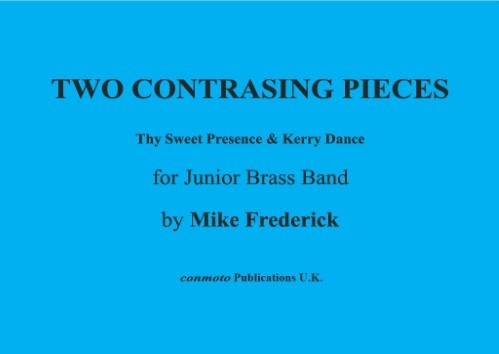 £8.50
£8.50TWO CONTRASTING PIECES (score) - Frederick, Mike
The score shows brass band scoring & percussion.
In Stock: Estimated dispatch 1-3 working days
-
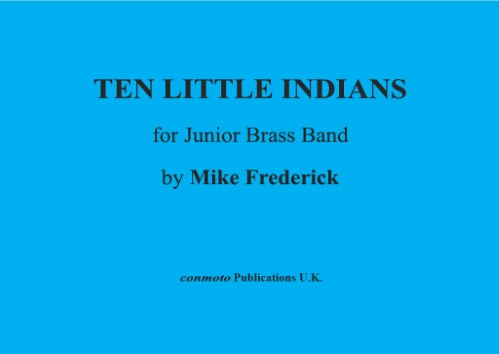 £27.50
£27.50TEN LITTLE INDIANS (score & parts) - Frederick, Mike
The score shows brass band scoring & percussion.
In Stock: Estimated dispatch 1-3 working days
-
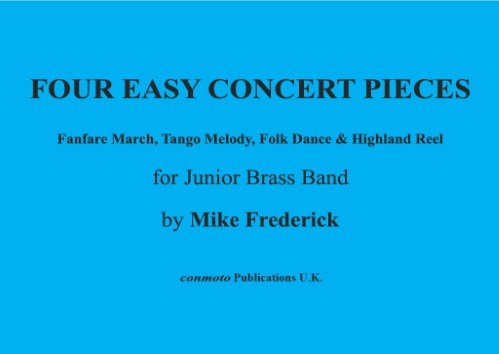 £8.50
£8.50FOUR EASY CONCERT PIECES (score) - Frederick, Mike
The score shows brass band scoring & percussion.
In Stock: Estimated dispatch 1-3 working days
-
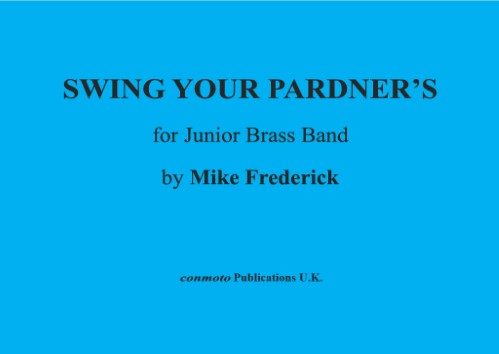 £27.50
£27.50SWING YOUR PARDNER'S (score & parts) - Frederick, Mike
The score shows brass band scoring & percussion.
In Stock: Estimated dispatch 1-3 working days
-
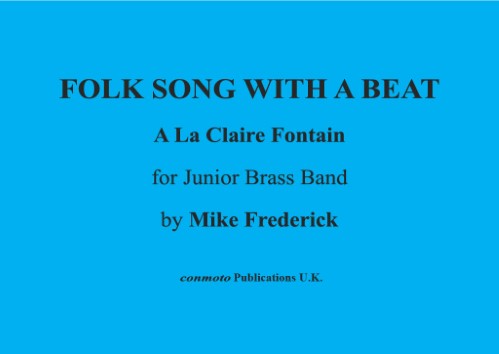 £27.50
£27.50FOLK SONG WITH A BEAT (score & parts) - Frederick, Mike
The score shows brass band scoring & percussion.
In Stock: Estimated dispatch 1-3 working days
-
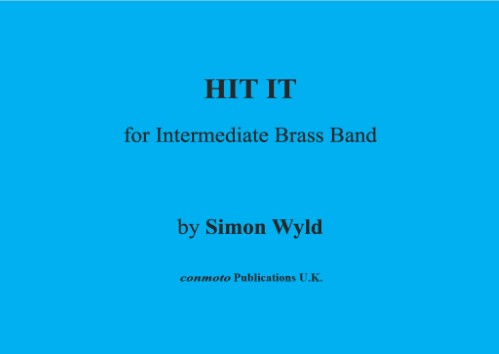 £8.50
£8.50HIT IT (score) - Wyld, Simon
Parts included for Brass Band Brass, Orchestral Brass, Percussion & Flute
In Stock: Estimated dispatch 1-3 working days
-
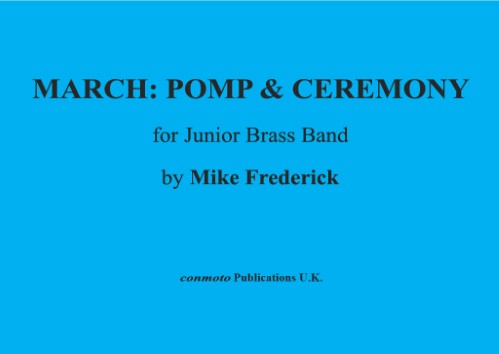 £27.50
£27.50MARCH: POMP & CEREMONY (score & parts) - Frederick, Mike
The score shows brass band scoring & percussion.
In Stock: Estimated dispatch 1-3 working days
-
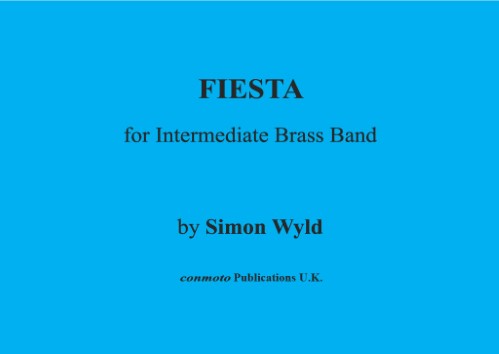 £8.50
£8.50FIESTA (score) - Wyld, Simon
Parts included for Brass Band Brass, Orchestral Brass, Percussion & Flute
In Stock: Estimated dispatch 1-3 working days
-
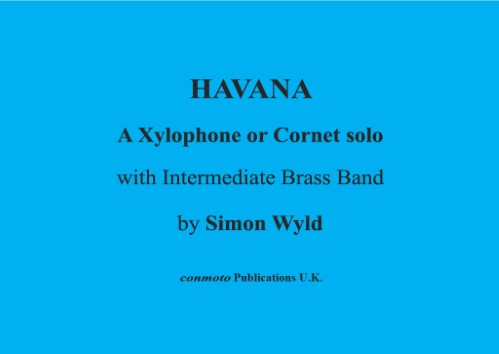 £8.50
£8.50HAVANA (score) - Wyld, Simon
Parts included for Brass Band Brass, Orchestral Brass, Percussion & Flute
In Stock: Estimated dispatch 1-3 working days
-
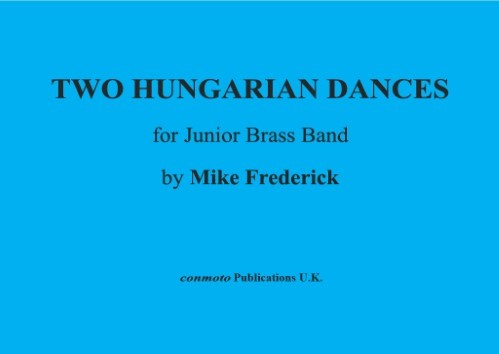 £27.50
£27.50TWO HUNGARIAN DANCES (score & parts) - Frederick, Mike
The score shows brass band scoring & percussion.
In Stock: Estimated dispatch 1-3 working days
